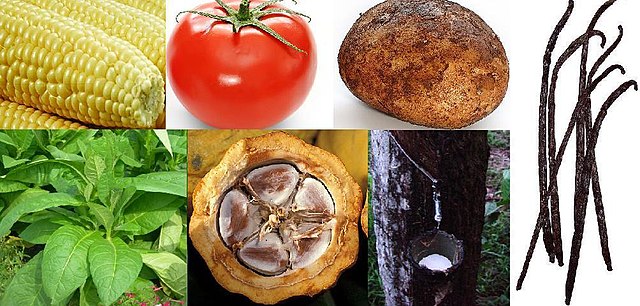Botanists in Australia have developed a technology for screening disease-causing genes that stunt the growth of plants, especially wheat.
In its March 2024 publication, the Commonwealth Scientific and Industrial Research Organization (CSIRO) cited an intention to develop disease-free crops.
According to Peter Dodds, who co-heads the CSIRO project, the success could save world’s agriculture. Incidentally, farmers around the world lose $1 billion each year from crops that fail to grow properly due to rust pathogens.
Rust pathogens are microbes that target the plant’s development, stunt its growth, destroy leaves and cut branches. The removal of genes responsible for these pathogens could aid crops to mature and reach their optimum yields.
This comes barely a month after the unveiling of QCAV-4, the world’s first approved GM banana with its infection-resistant genes.
Disguised Proteins
One way to recover yields and maturity is through developing genes in plants that can naturally defend against false proteins.
Plants with the ability to recognize a pathogen disguised as a protein can develop natural immunity against it.
Currently, proteins that cause stunted growth come from the disease’s avirulence (avr) encoder. This encoder passes the protein into a plant’s genes without any resistance.
But now, local scientists are trying to alter vulnerable genes that these foreign proteins target and prevent infections.
Wheat Rust
A major victory is against wheat stem rust, whose encoder gene’s identification has reduced research time from possibly decades to a month.
Stem rust can cut the yield of wheat by 90%, according to a 2018 publication by Australia’s Department of Agriculture, Fisheries and Forestry (DAFF).
DAFF reported that in 1973, stem rust decimated wheat production by a 35% margin in southeast Australia.
Statistics indicate that combined with the El Niño drought, an outbreak of stem rust could cause A$1.36 billion ($892.84 million) in losses.
Tennis-sized Blueberries
It is not just wheat or botanists that are having a field day with breakthroughs, either, but individual farmers, too.
On November 13, 2023, a Costa Group farm in New South Wales harvested a 20.4-gram blueberry, a Guinness World Record. In normal production, blueberries weigh no more than 3 grams apiece.
In spirit with the times, the fruit’s breeder now intends to cultivate more disease-free and drought-resistant blueberries.
It looks like scientists and companies in Australia aim to rid the planet of plant diseases and stave off global warming effects.
